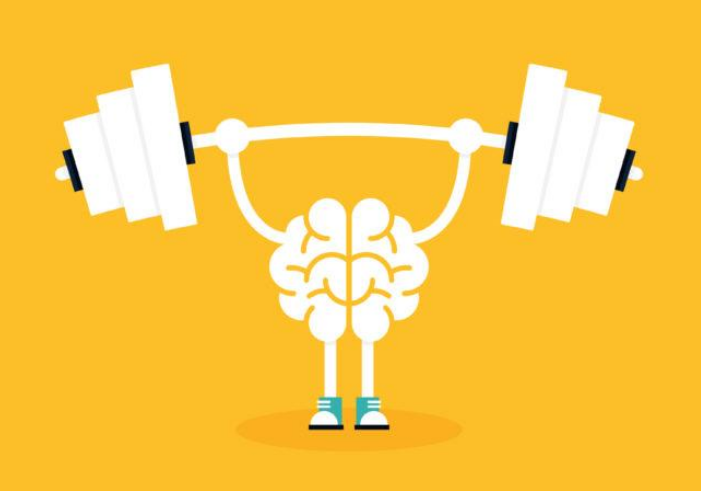What is brain health?
Brain health is all about making the most of your brain and helping reduce some risks as you age. While research is still evolving, there is strong evidence that people can reduce their risk of cognitive decline by making lifestyle changes.
What are ways to improve your brain health?
1. Quit smoking!
Evidence shows that smoking can increase the risk of cognitive decline. Quitting smoking can reduce that risk to levels comparable to those who have not smoked. Don’t know where to start? November 21 is the Great American Smokeout. Visit their website for more information.
2. Stimulate your mind
Scientists have found that mentally stimulating activities help build up your brain. Some of these activities include reading, word puzzles, math problems, drawing/painting or other crafts.
3. Get physical exercise
Using your muscles can also help your mind! Exercise spurs the development of new nerve cells, increases the connections between brain cells, and brings oxygen-rich blood to the brain. Exercise can also lower blood pressure, improve cholesterol levels, helps blood sugar balance, and reduces mental stress.
4. Manage your blood pressure
High blood pressure increases the risk of cognitive decline as you age. Exercising regularly, limiting your alcohol intake, reducing stress, and eating right can help you keep your blood pressure low.
5. Eat healthier foods
Good nutrition doesn’t only impact your body, it also affects your mind. Although research on diet and cognitive function is limited, certain diets, including Mediterranean and Mediterranean-DASH (Dietary Approaches to Stop Hypertension), may contribute to risk reduction. Mediterranean style diet that emphasizes fruits, vegetables, fish, nuts, unsaturated oils (olive oil) and plant sources of proteins are less likely to develop cognitive impairment and dementia.
6. Protect your head
Moderate to severe head injuries can increase the risk of cognitive impairment. Make sure you wear your seat belt, use a helmet when riding a bike or playing contact sports, and take steps to prevent falls.
7. Lower your blood sugar
Diabetes is an important risk factor for dementia. You can help prevent diabetes by exercising regularly and eating right.
8. Get some sleep!
Not getting enough sleep may result in problems with memory and thinking. If you’re having trouble falling asleep, please visit your doctor.
9. Take care of your heart
Evidence shows that risk factors for cardiovascular disease and stroke negatively impact your cognitive health.
10. Build supportive social networks
Staying socially engaged may support brain health. Strong social ties have been associated with lower risk of dementia as well as lower blood pressure and longer life expectancy. Find ways to be part of your local community by volunteering or participating in community groups!

